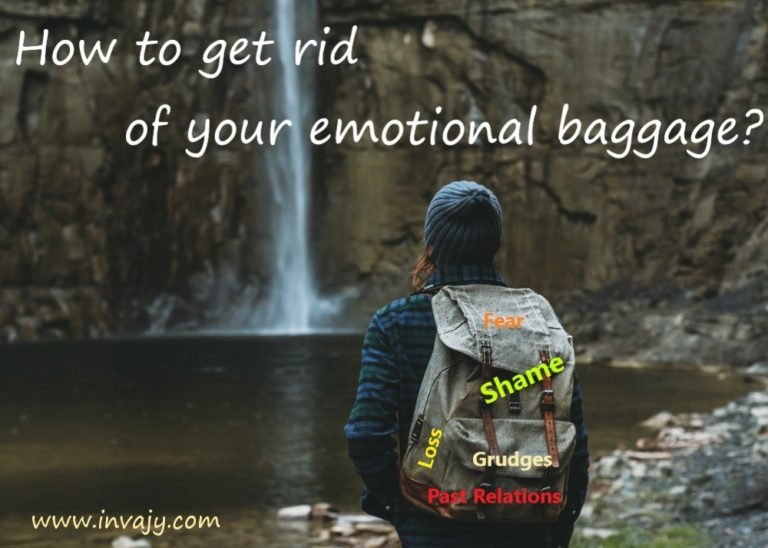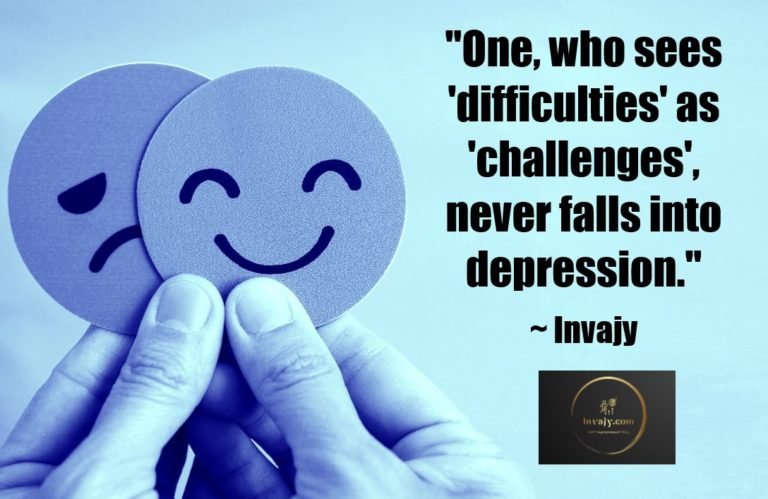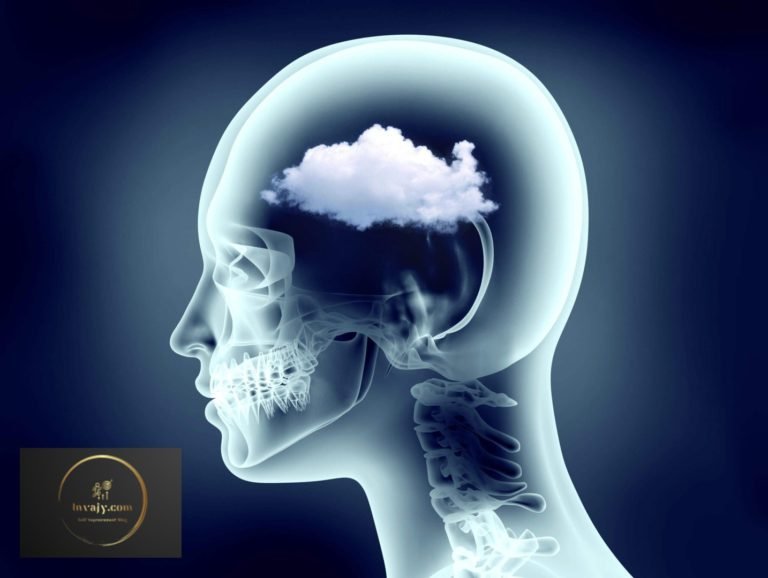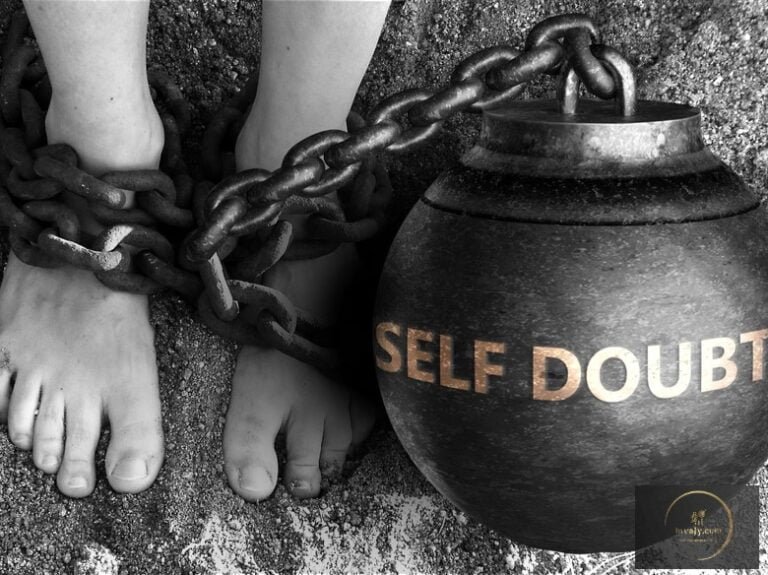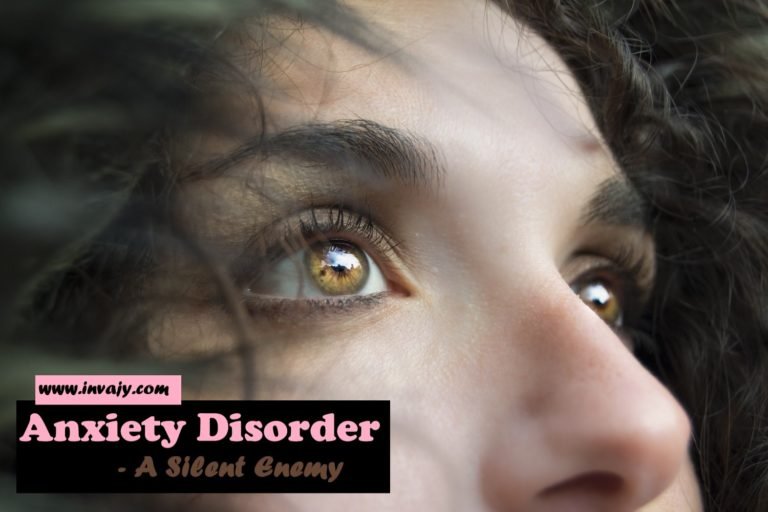Understanding Your Anhedonia
Anhedonia can feel like a loss of joy in life’s simplest pleasures. Understanding its impact on mental health is crucial for finding effective coping strategies and seeking support for a brighter future.

“I think I’m depressed” is a common thing many people say when they feel down, at a loss of energy, or ‘meh’. Of course, it doesn’t mean they are clinically depressed. However, saying that is a way for people to express how sad or numb they feel at the moment. You may be going through episode of Anhedonia. Not every day is a great day; somedays can be bad and boring. While other days, a person might not feel anything at all.
Anhedonia Definition
Anhedonia, inability to feel pleasure is a common symptom of Mental illnesses that is often overlooked. This Greek word directly translates to “without pleasure,” as indicated by the American Psychological Association, has been linked to many mental illnesses such as depression, schizophrenia, bipolar disorder, multi-personality disorder, etc. Being “without pleasure” means one has lost the ability to enjoy things they would have enjoyed before. Hobbies, work, and relationships become a chore to do or maintain or don’t even make sense.
Known causes of Anhedonia
Depression and other mental illness
Anhedonia is connected to depression and other mental illnesses. Although, a person would not need to suffer from depression to have it. Anhedonia is a glaring symptom of depression due to its ability to increase a person’s depressive state. This also presents itself in bipolar disorder during the patient’s depressive episodes. This could make the Anhedonia come on and off for the patient.
80% of people with schizophrenia have also been found to have Anhedonia. It is a core symptom of the illness and is even used to discern the illness in a person.
Post Traumatic Stress Disorder (PTSD) and Anxiety are also mental health issues that can affect a person’s interest in their sexual life, relationships, and emotions. Research has shown that people who have PTSD are less likely to enjoy events than they did pre-traumatic events. Patients with anxiety may become numb towards activities they once found to be pleasurable due to the anxiety they experience while doing such acts.

Anhedonia and the Brain’s Reward System
Anhedonia is firmly attached to the brain’s reward system. The presence of Anhedonia signifies an impairment or defect in the reward system. Dopamine is primarily involved in helping individuals feel pleasure as part of its function in the brain’s reward system. It’s the aftereffect of doing enjoyable activities and performing hobbies people enjoy, such as shopping, biking, sports, etc. It is responsible for the rush or thrill people feel while running or the feeling of calm people might get when they smell freshly baked cookies. When overstimulated, it can also lead to addiction by constantly doing a gratifying activity that triggers dopamine release or a ‘happy feeling.’
Its function in the brain’s reward system compels a person to act in certain ways or do certain things to gain a reward that they see as a feeling of happiness. When a person finds it hard to get this dopamine rush while doing things they’d usually enjoy, it shows impairment in the brain’s reward system. Many factors can lead to this impairment, such as depression, prolonged Anxiety, PTSD, and other Mental illnesses. It could also be unrelated to a mental disorder and be due to a chemical imbalance in the body.
Types of Anhedonia
Anhedonia also comes in two unique forms
Social Anhedonia
Social Anhedonia hampers a person’s ability to feel joy or show interest in any social activity that involves meeting people or forming bonds. Events or social gatherings become a bore, interacting becomes a chore, and being left alone becomes more appealing than a paid vacation trip.
Social Anhedonia is sudden and can also be a symptom of a mental illness or is caused by a chemical imbalance in the body. Some people have to live with this permanently, while it’s temporary for others.
Physical Anhedonia
Physical Anhedonia is a loss of pleasure and sensations. This is Anhedonia of physical activities that naturally bring pleasure, such as eating, sexual activities, and affections such as hugs or touching a loved one. Physical Anhedonia can leave a person feeling distraught due to the inability to enjoy a simple pleasure such as eating. It is a severe case of Anhedonia and can also preempt suicidal thoughts.
This kind of Anhedonia can present itself in so many ways. One is an individual biting into their favorite chocolate cake and not feeling or tasting anything. This can stir despair, especially if one has to keep up a regular appearance in public to avoid attention. Still, even that emotion could be quite tasking for a person who suffers from Anhedonia.
Representation
The knowledge of Anhedonia has slowly developed in pop culture, leading to more awareness of mental illness symptoms. The famous cartoon ‘Winnie the Pooh,’ known for symbolizing mental illnesses using its characters, illuminates more on Anhedonia as ‘Eeyore,’ a character from the cartoon, shows severe signs of depression and is unable to enjoy anything.
The American series ‘You’re the Worst’ is also another aspect of pop culture that provides an accurate account of how people deal with their mental illnesses in real life. ‘Gretchen,’ the main character, is seen to be clinically depressed and gets episodes where she doesn’t feel anything. This also becomes a problem for her in her relationship.
Treatments
Arguably, there is no definite treatment for Anhedonia. However, lots of research has been made on how the brain is stimulated and how the chemical imbalance can be corrected;
- Drugs can also be administered by therapists, especially for patients who suffer from Anhedonia due to an existing mental illness.
- The closest thing to treatment regarding Anhedonia is talk therapy. Even while the cause of Anhedonia might be known, the trigger might be unknown, and talk therapy helps bring those issues out.
- Doctors have also recommended a change in nutrition. Food such as dairy, beef, soy, legumes, and Vitamins rich in iron, niacin, and B6 help the brain create dopamine. This is encouraged because certain goods can be converted to dopamine in the body.
- Physical activities such as rock climbing and other spontaneous activities like traveling or changing jobs have also been encouraged by doctors. The goal of this is to spike brain activity. Stress has also been studied to be how individuals can revive their brain’s reward system. Stress in the body can also increase the adrenaline production rate, at least providing temporary relief.
In a Nutshell
Mental health is of increasing importance, and no symptom or feeling should be written off. Anhedonia can be temporary, and proper therapy can relieve its symptoms. The key to relieving symptoms may also lie in how a person understands their body and trigger. Also, if a person does not suffer from Anhedonia, it’s worth being cautious of. Alleviating stress through meditation and participating in mind-engaging activities can serve as a barrier against Anhedonia. The most important tip for a person suffering from Anhedonia or being cautious about it is not to give up.


